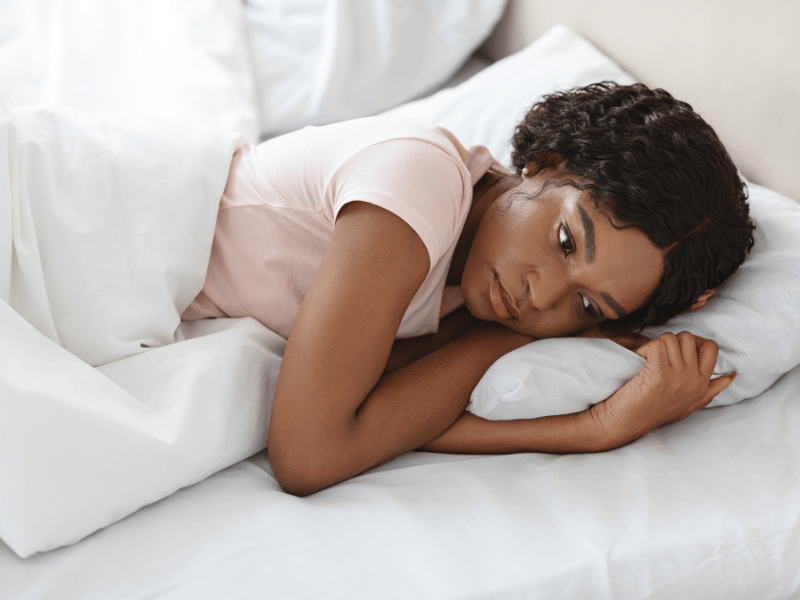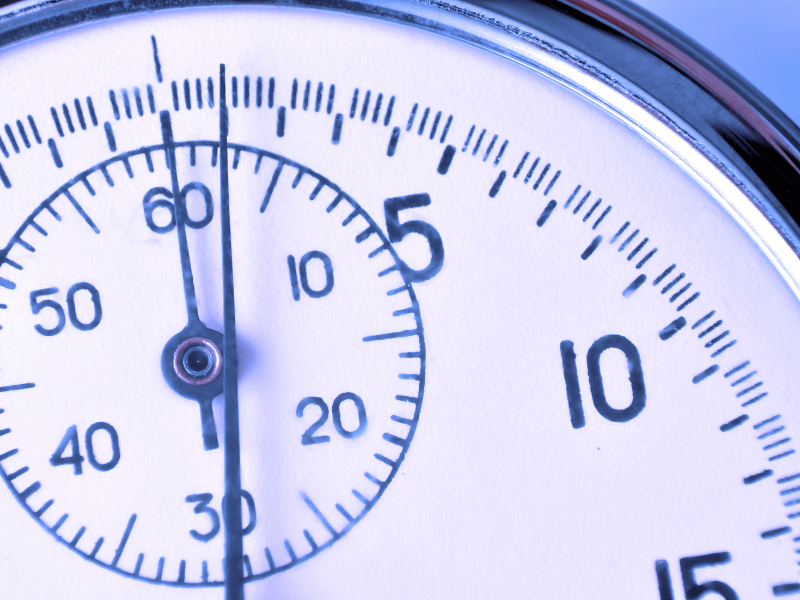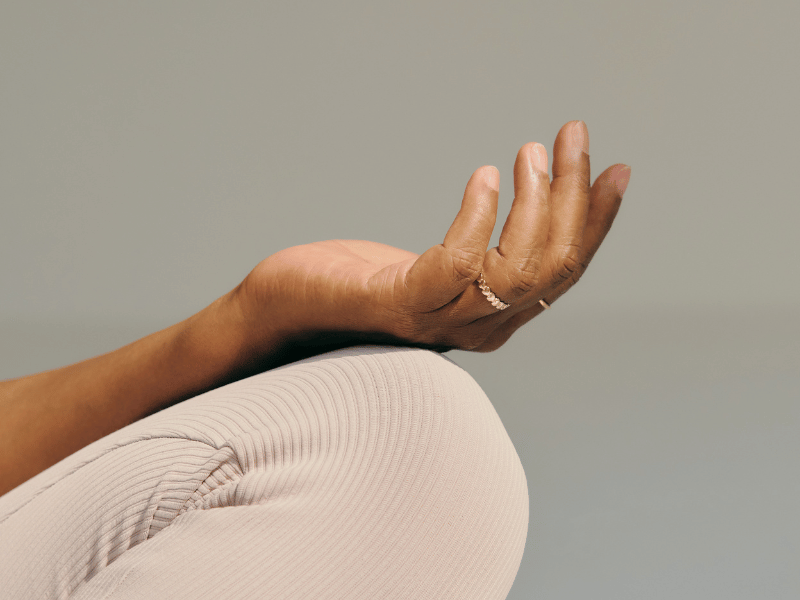


Ever woken up in the morning and feel tired like you can’t bring yourself to get out of bed? Well, I sure have. Especially on days when I know I have to be in the office. This feeling is referred to as dysania and can often be linked to low energy.
This article will serve as a guide in helping you to understand what dysania is and how you can manage such a feeling with good sleep hygiene and practical strategies.

Dysania is a term that is used to describe an extreme difficulty in getting out of bed, which may relate to various medical conditions. Though dysania itself is not recognized as a medical condition. This feeling can sometimes be associated with an underlying cause, such as a health condition or sleep disorder.
The cause behind feeling like you want to be in bed the whole day and not get up may be related to a mood disorder, known as depression. Depression or major depressive disorder is a mental disorder that affects the way you think, feel, and act. One of the symptoms of depression can include an inability to get up and choosing to sleep in excessively [1].
Aside from that, it could also be caused by underlying sleep disorders such as insomnia, sleep apnea or restless leg syndrome, chronic fatigue syndrome (CFS), or anxiety disorders. Poor sleep patterns can cause you to feel more tired, making it difficult for you to rise in the morning.
The main characteristic of dysania is the inability to get out of bed and the need to stay in bed the whole time. Other common symptoms of dysania may also include excessive daytime sleepiness (hypersomnia), sleep inertia (sleep drunkenness), and overwhelming fatigue.
It can also be a sign of an underlying sleep disorder, such as sleep apnea, or health conditions such as heart disease. It’s important to consult a healthcare professional to determine the exact cause of dysania and rule out the possibility of any critical health conditions. From there, your doctor will be able to develop a personalized treatment plan to help you manage your symptoms.
Not being able to get up can make it extremely tough for you to perform your basic daily activities, impacting your daily life significantly. This will eventually impact your physical and mental health negatively.
Luckily, there are several strategies that you can take to overcome this debilitating feeling.
One of the ways to help you get back on your feet is to establish a regular sleep schedule. This may look like setting a time to go to bed and get up in the morning. Ideally, this should be done consistently, even on the weekends, to regulate your body’s circadian rhythm.
If you are unsure of when you should be going to sleep and when you should be waking up, check out our free sleep calculator to help you get started. Our sleep calculator lets you know your optimal times based on your sleep needs.

Another strategy to help you combat extreme fatigue and boost your energy levels is by exercising regularly. It may seem counterintuitive when exercise tires you out, but moving more can help you provide you with more energy, and here’s an explanation behind it.
Exercising encourages your body to produce mitochondria in your muscle cells. These are important for fueling your body’s energy supply. Exercising also increases oxygen circulation, allowing your body to use energy more efficiently. When these factors are combined, it will help you to feel more energized [2].
Additionally, getting regular exercise can help improve your sleep quality. So, it never hurts to start moving! For a start, you can try to get in some light stretches or movements in bed as soon as you get up.

It’s hard to find the willpower to pull yourself up. I totally get it. Rather than giving impractical tips right off the bat, such as eating healthily, getting up to open the curtains, or planning out your morning routine, let’s start with something that doesn’t require you to get out of bed. At least not immediately.
Try the 5-second rule, a rule that requires you to set an alarm or timer to alert you to wake up. Once this alarm goes off, count backward from 5, and when it reaches 1, sit up immediately. This technique encourages you to avoid hesitation and get moving before your mind says no.
It may take some getting used to, so don’t give up when you don’t get it the first time. Give yourself a few attempts at it. If it fails, try again the next day until you’re able to do so without any issue.

Practicing relaxation techniques such as meditation and yoga can also be useful in helping you to alleviate the stress that comes with thinking about getting up.
Let’s be honest, if you’re already struggling, having additional stress about your struggles is not going to do you any good. Instead, it may be helpful for you to redirect your focus to something else. Guided meditations are excellent in building mind-body awareness.
If you feel that after trying out all of the above strategies, you’re still not able to get over the feeling of dysania, then it could be worth it for you to reach out to someone for support.
Try texting or calling a close friend or speaking to a family member about it. Talk to them about the problems that you are facing and your need for assistance or comfort.
A strong support network can play a crucial role in helping you manage your feelings and reducing the risk of severe depression.
If that still doesn’t work, then maybe you may want to reach out to a mental health professional or therapist to support you. This may include discussing your family’s medical history.
*Do note that such services can be quite hefty in cost, so you may want to do some prior research if you are in need of financial assistance.
Ultimately, dysania is not a permanent feeling. With slow but consistent efforts in improving your sleep hygiene, trying out a new relaxation technique, and reaching out for support, you should find yourself gradually feeling motivated to get up.
You can also try the ShutEye® app if you’re having trouble sleeping or if you’re getting too much sleep. ShutEye® is a patented sleep tracking app that helps to monitor your sleep cycle, offering personalized guidance to help you improve it. Try it today for FREE!
Golen, T. (2021) Does exercise really boost energy levels? [online]. Available at: https://www.health.harvard.edu/exercise-and-fitness/does-exercise-really-boost-energy-levels
World Health Organization (2023) Depressive disorder (depression) [online]. Available at: https://www.who.int/news-room/fact-sheets/detail/depression